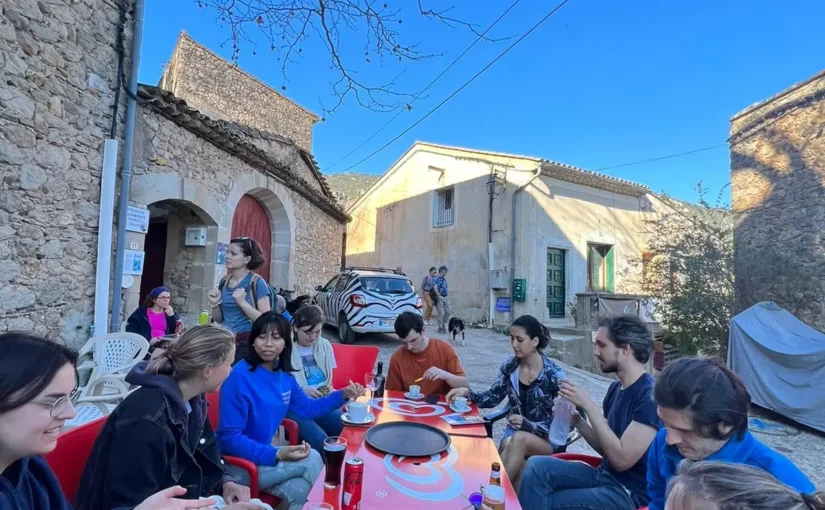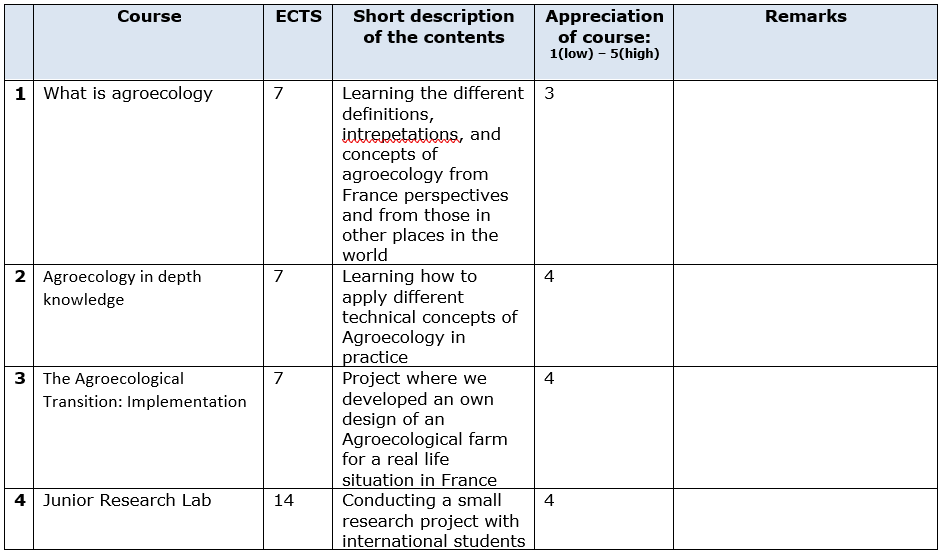Field of study in Wageningen: Land and Water Management
Study period exchange: 23/02/2023 – 30/06/2023
Country (exchange): Frankrijk
City (exchange): Montpellier
University (exchange): L’Institut agro Montpellier
Faculty (exchange): Agriculture
2. Motivation for exchange
Why did you choose to go on study exchange?
To experience living in a country abroad, and study in an inter-cultural context that is different from my own. I thought I could learn a lot about myself by living in a culturally different place, Also stories of previous students who have been on study exchange were always positive and motivated me to go myself.
What is the reason you chose for this country/university?
I wanted to improve my French language skills from the end of high school. Going on vacation to France I always enjoyed, therefore I was excited and curious how it would be to actually live in France for a longer time, and built my own life there.
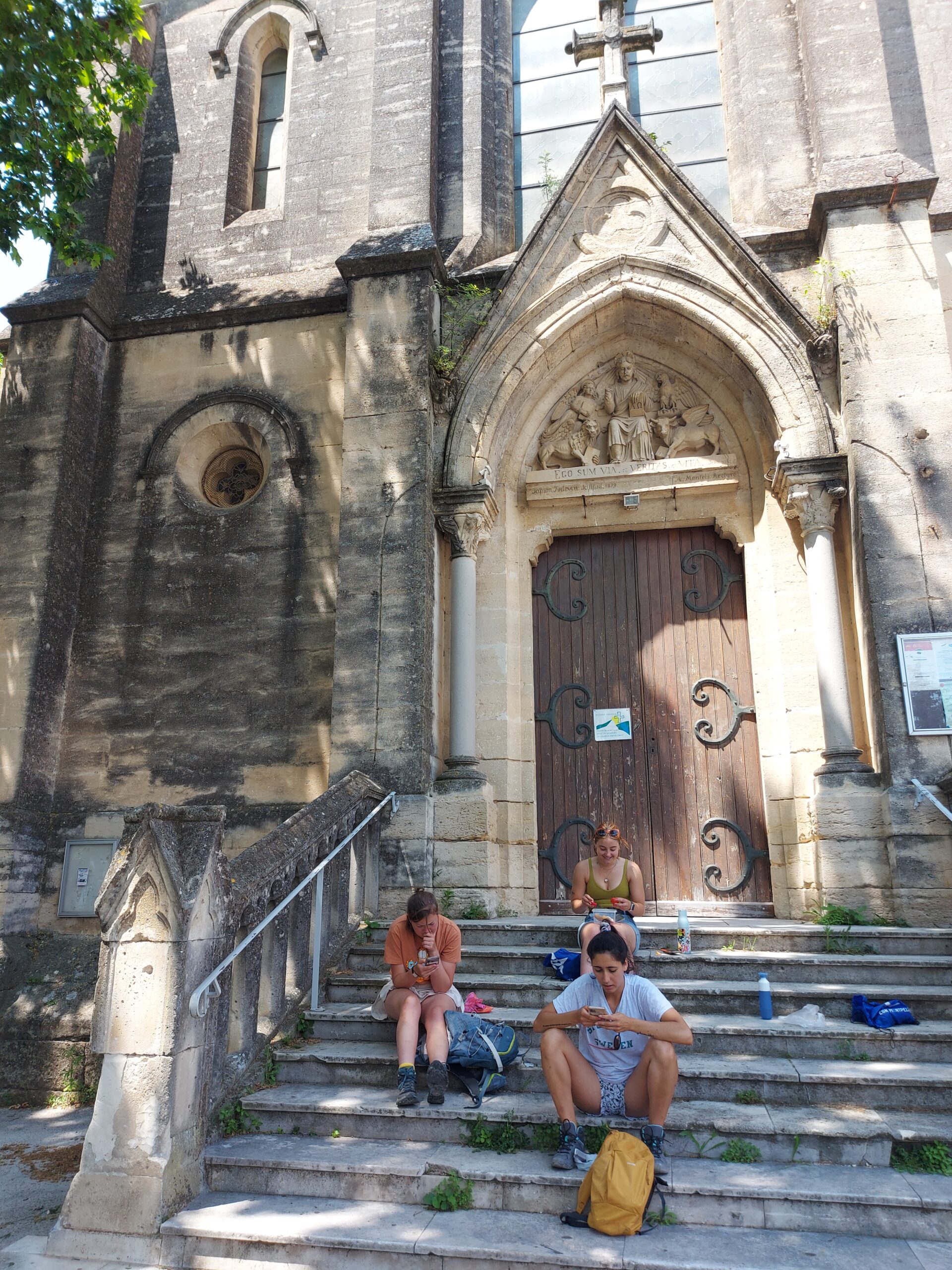
3. Accessibility to reach destination
Do you have any tips to reach your exchange destination?
Highly recommend to go by train (e.g. Rotterdam-Paris, Paris-Montpellier) takes around 8 hours in total.
4. University and studying
Could you provide some general information about the followed courses?
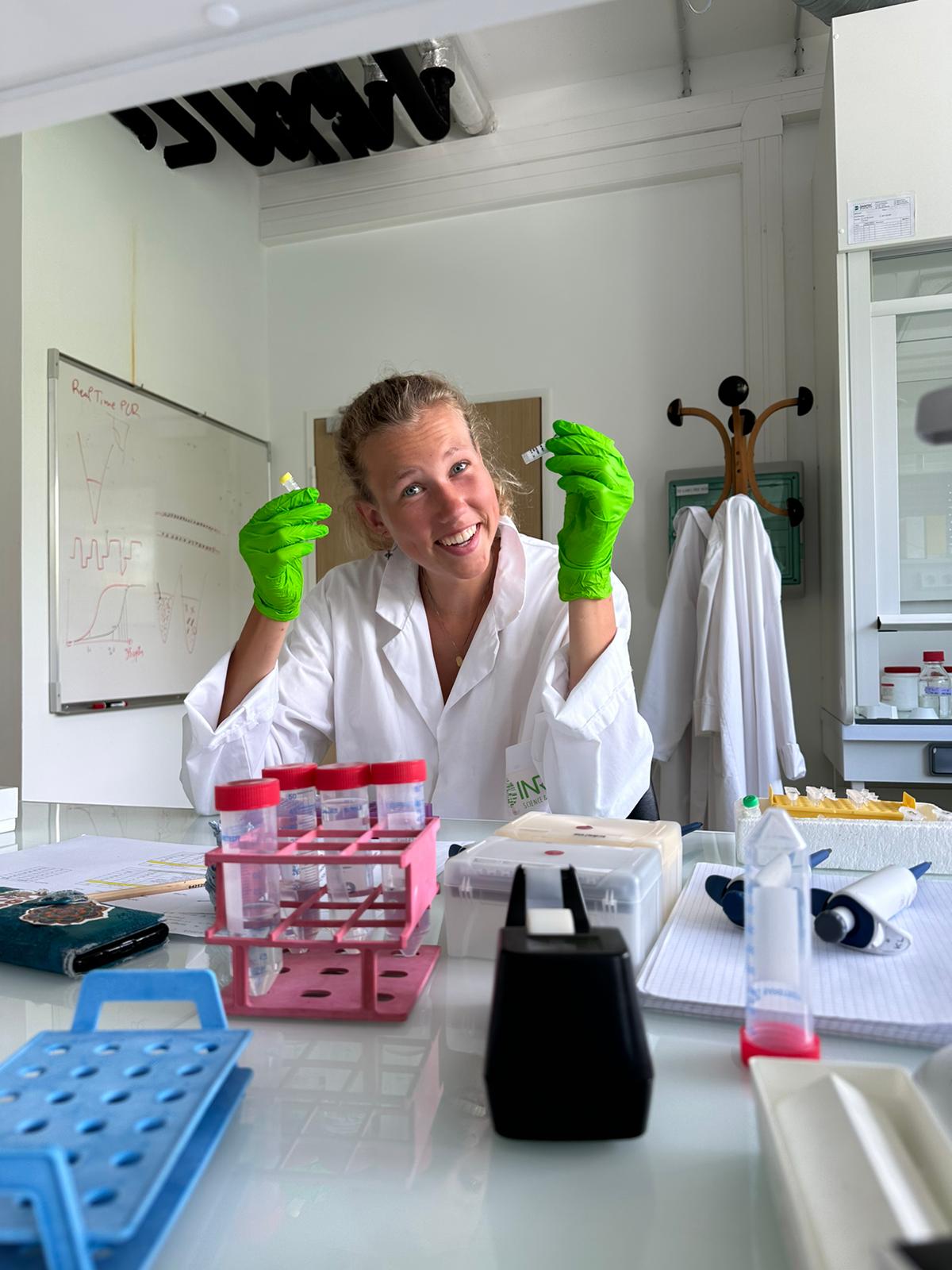
How is the study formalized?
In person lectures, tutorials every day. Time assigned for self study. Could enrol with basic understanding of agriculture (no Bsc degree needed, 2 years of BIL was sufficient) but the courses were considered master level in France. Written examination and reports. Workload is around everyday from 9-17h or less. All lesson materials were provided.
What is the culture of the university?
The lectures I had were very interactive, like at WUR. Only the English level at the host institute was a bit disappointing. But after some time I got used to this, and you learn how to deal with the ‘French English’.
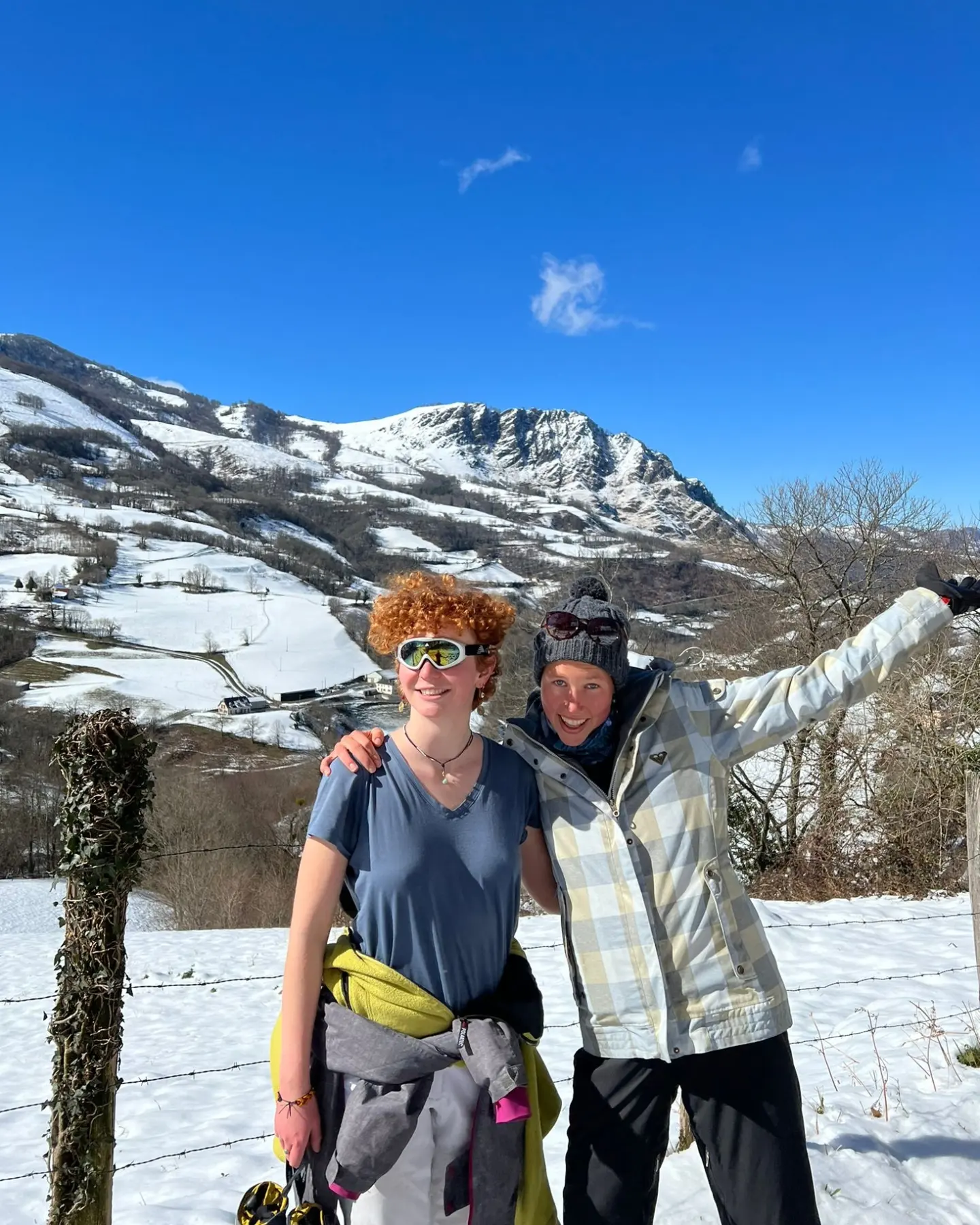
What does the university offer the student additionally?
Not very much. There is an option to go to the gym, however it was pretty vague how to get access to it. The catering is okay of the university, but it is pretty expensive and not many seats. There are lunch facilities and sports clubs. You can almost play every team sport imaginable. You can also make use of the laboratories on campus on request.
5. Housing-travelling-living
What are the possibilities for housing?
Housing is easy to access upon request. Rents vary between 300-500. You can request a private studio in a corridor, or a shared one (double room).
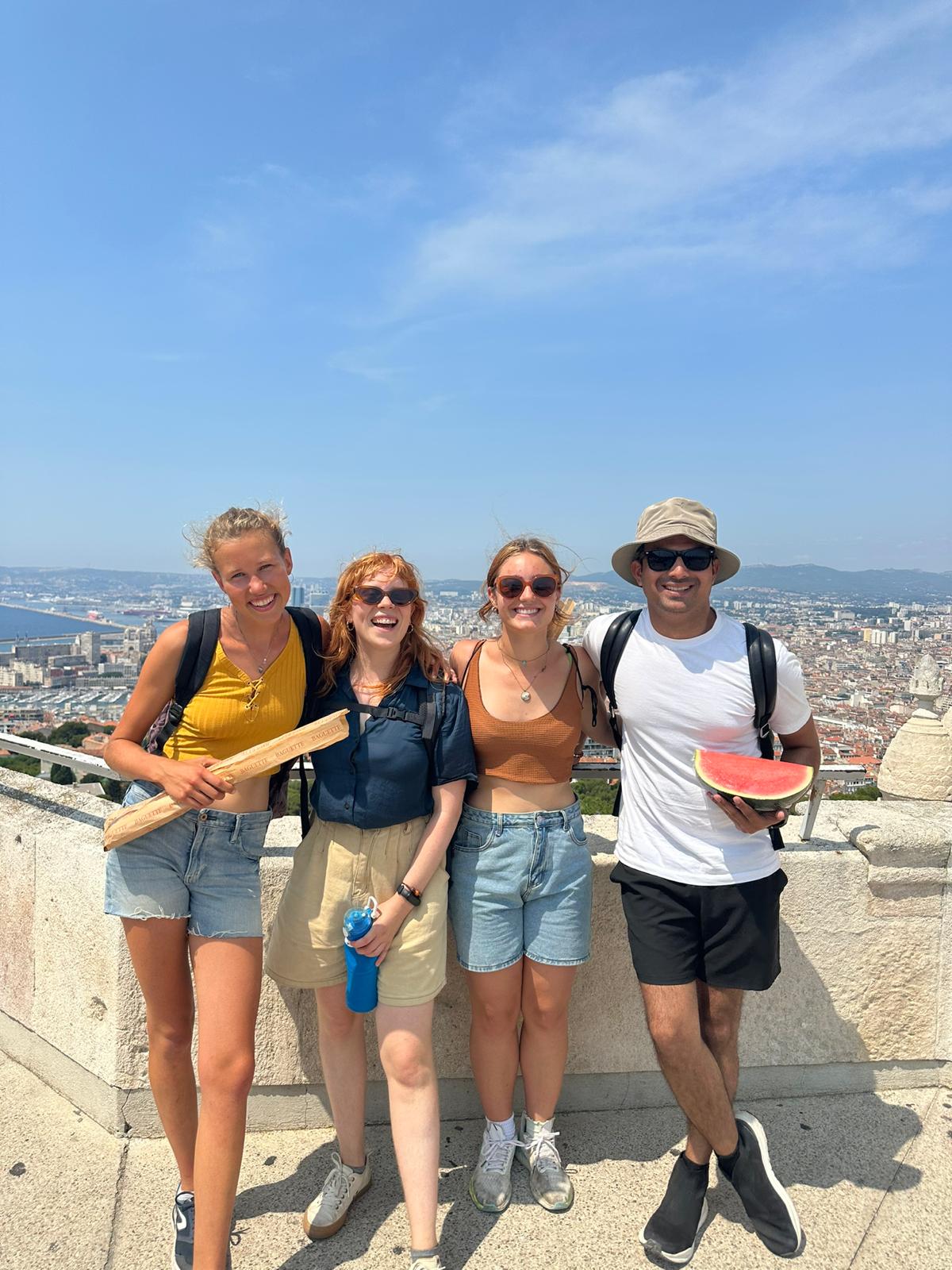
What is the culture of the country like?
It is much more common to have lunch at the canteen with all the other students. Breaks in school last longer than in Wageningen university. Contact with teachers is slightly more formal. Food is an important part of the day, time is taken for this. Food sharing is also more common than in Wageningen, there are many possibilities to participate in solidarity food waste activities.
Could you give a general price indication of the place of residence compared to living in Wageningen?
I would say that rents are similar, food is more expensive (except for if you participate in food sharing activities).
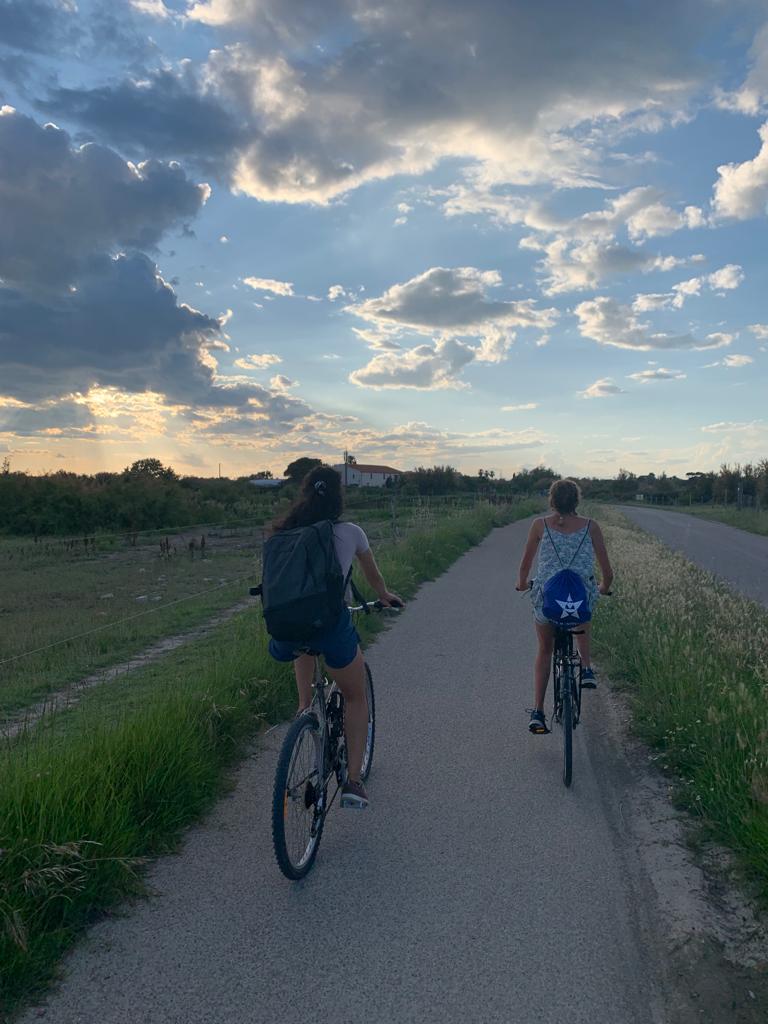
Could you give some information about public transport infrastructure?
Bikes are common, public transport in the city is free for students.
6. Free time
What are must-sees in the area?
Do the popular hikes in more the winter months (Pic Saint Loup, Lac du Salagou, Cirque du mourez) and safe the beach for when its warmer. Cities nearby that are definitely worth to visit: Nimes, Avignon, Toulouse, Nice, Arles, Narbonne, Carcassonne, Sete, Aix-en-Provence, Saint-Guilhem le Desert, Marseille. All accessible by train (use SNCF train plan app). Barcelona and Bordeaux are also doable, flixbus ~ 13 and 20 euros respectively, 5 hours.
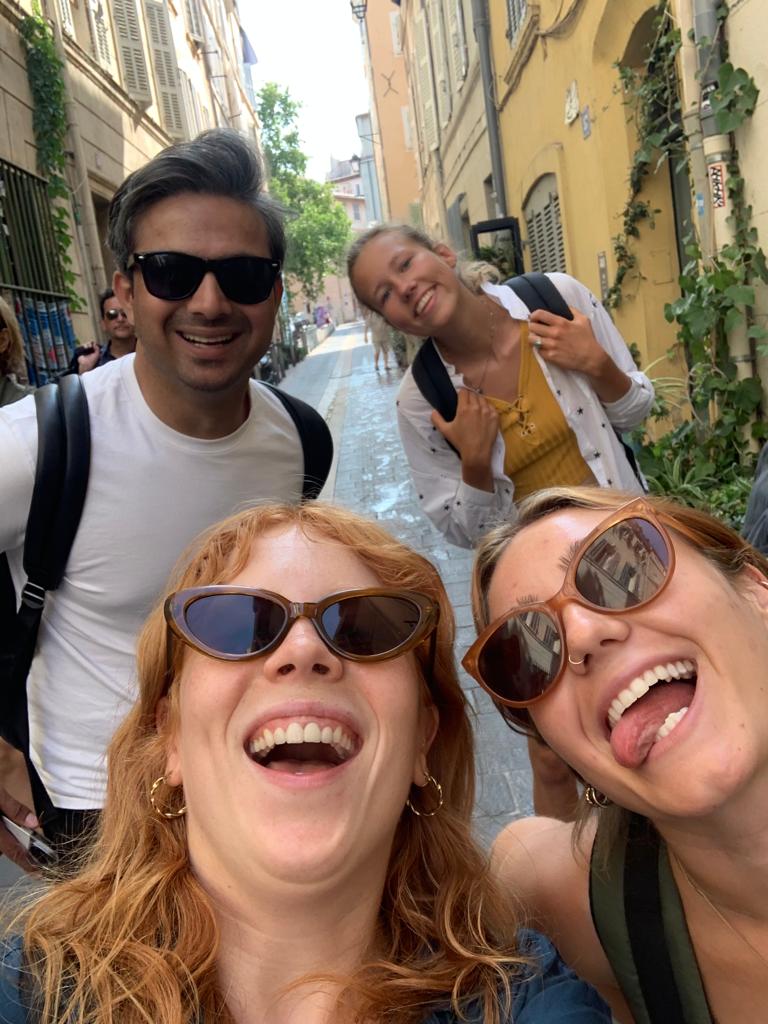
What does not appear in the travel guide, but is worth a visit?
Cathedrale de Magualone, near palavas les flots, beautiful to bike there on the way along the river du lez, and go to the beach afterwards. Marseille is downgraded in social media because of criminality, but is definitely worth the visit! And the calanques are beautiful to hike and swim afterwards.
Do you have general tips and tricks about leisure time?
Try to enjoy more wine instead of beer, relatively it saves money. ESN and Erasmus Life Montpellier are quite big associations in Montpellier and easy to integrate with for going out activities.
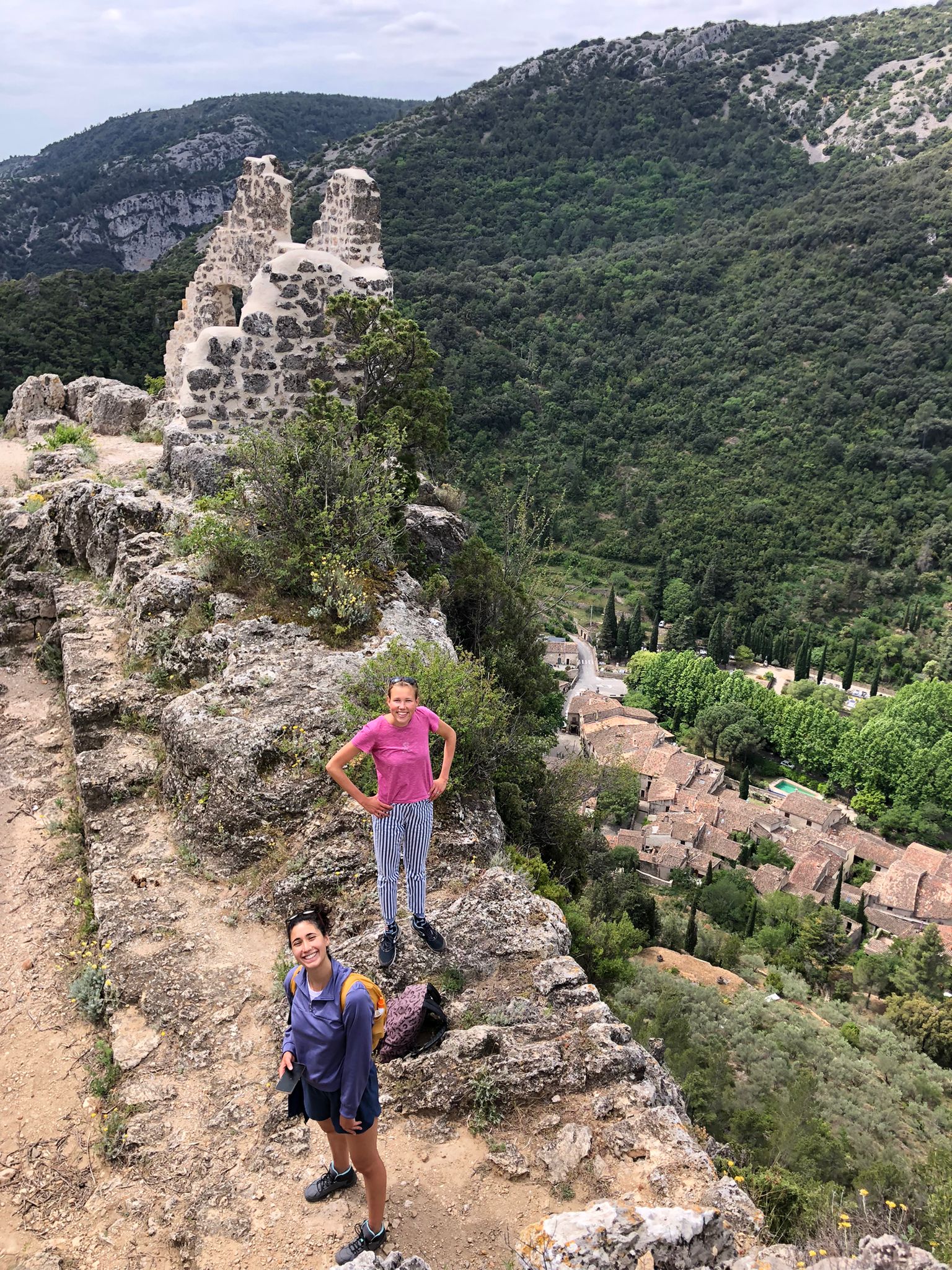
7. Challenges & best moment abroad
What was a challenge you have experienced?
Some teachers were not able to speak English, and you had to adapt to the best of your abilities.
What was your best memory abroad?
My study buddy took me with here on a week holiday to the Pyrenees, with only French friends. This made me experience the fully French life style. Musique festivals are very common in Montpellier and often free (Fête de la Musique) was like liberation day in Wageningen but bigger:).
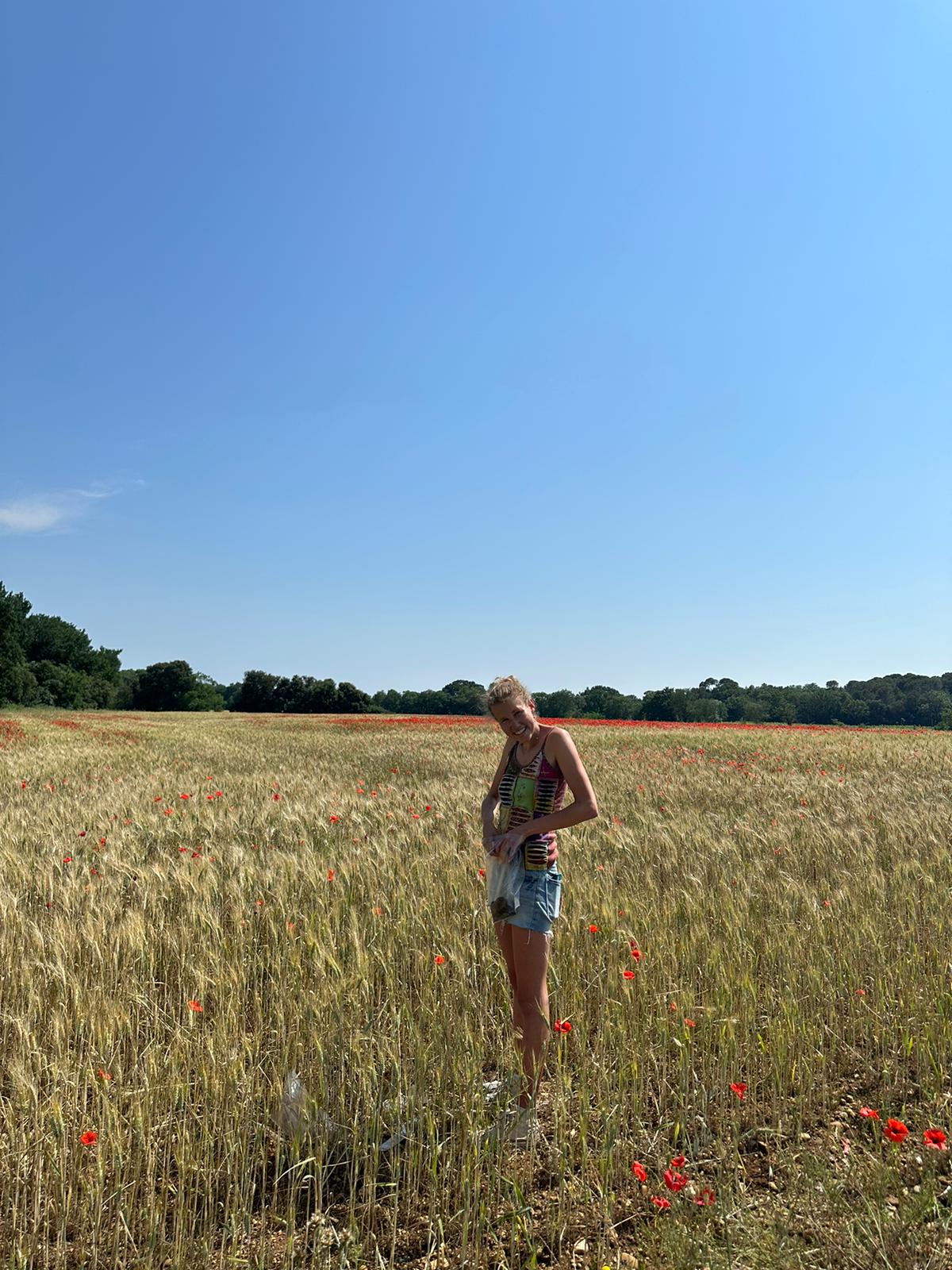
8. Contact details
Would you like to ask Indira more questions about her exchange?
Send her a mail: indira.bijl@wur.nl

